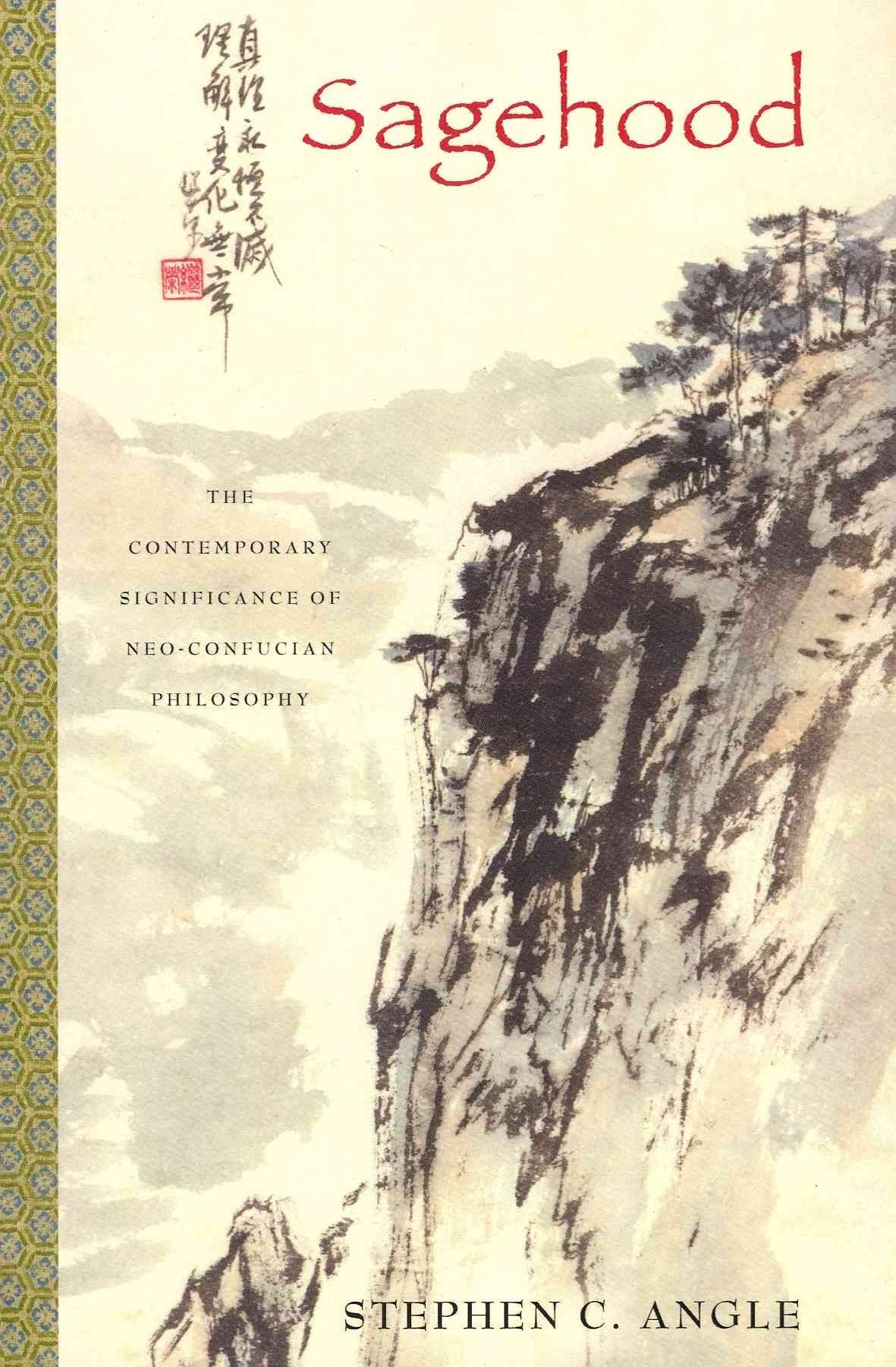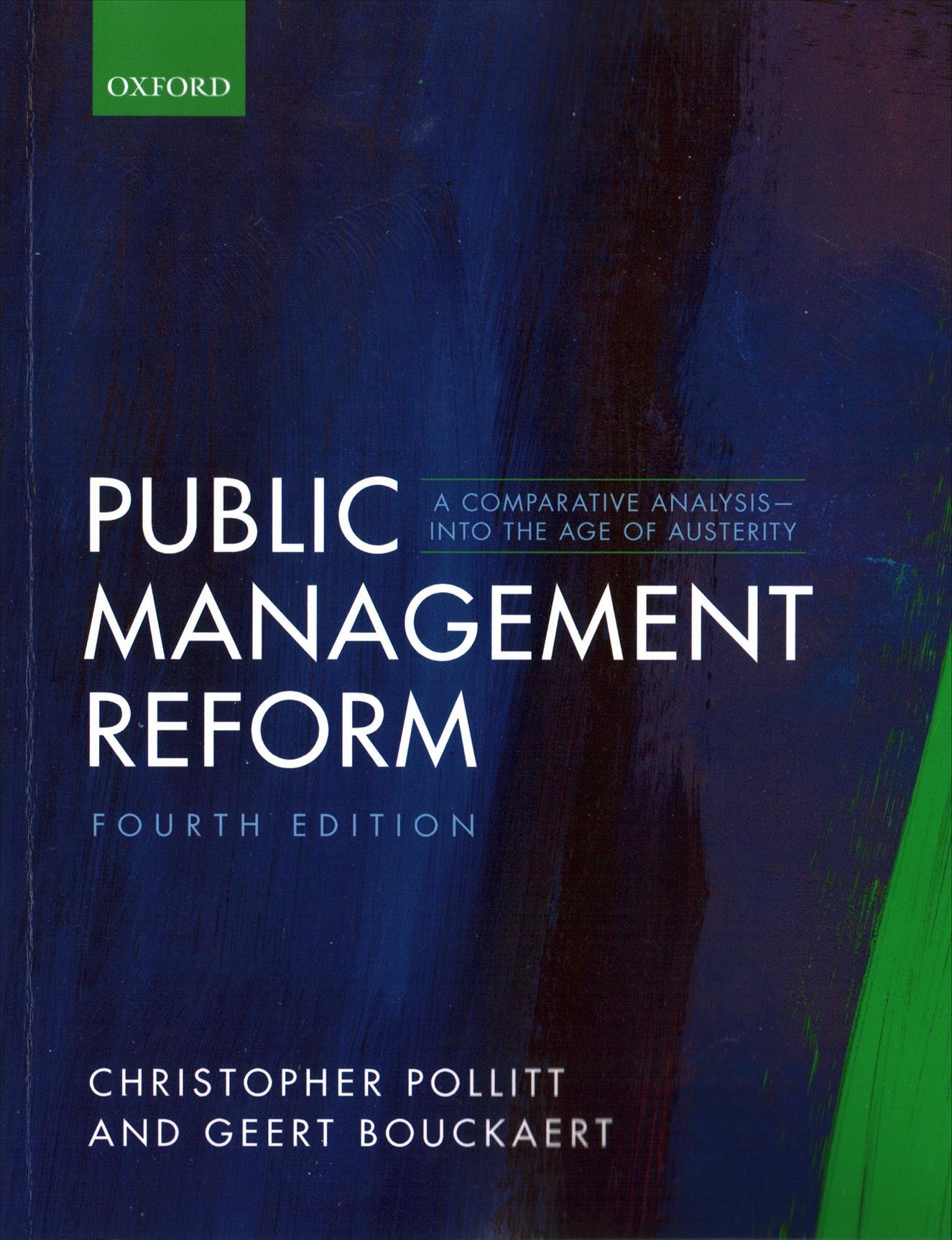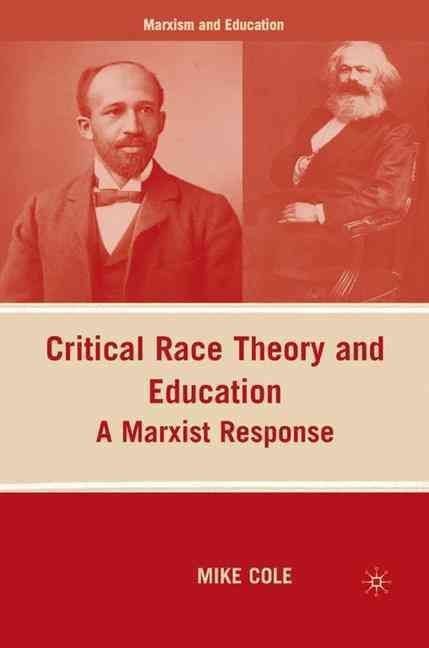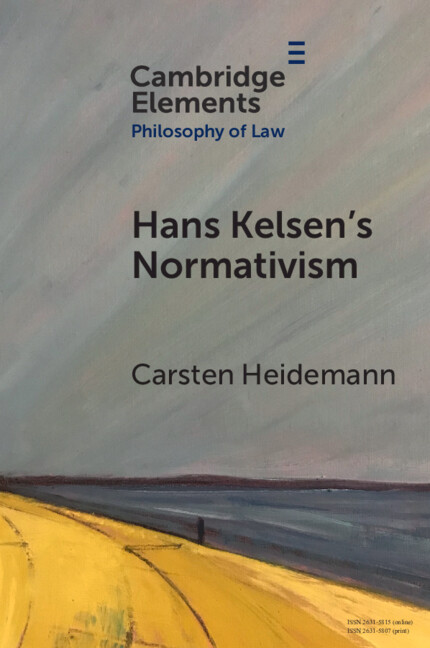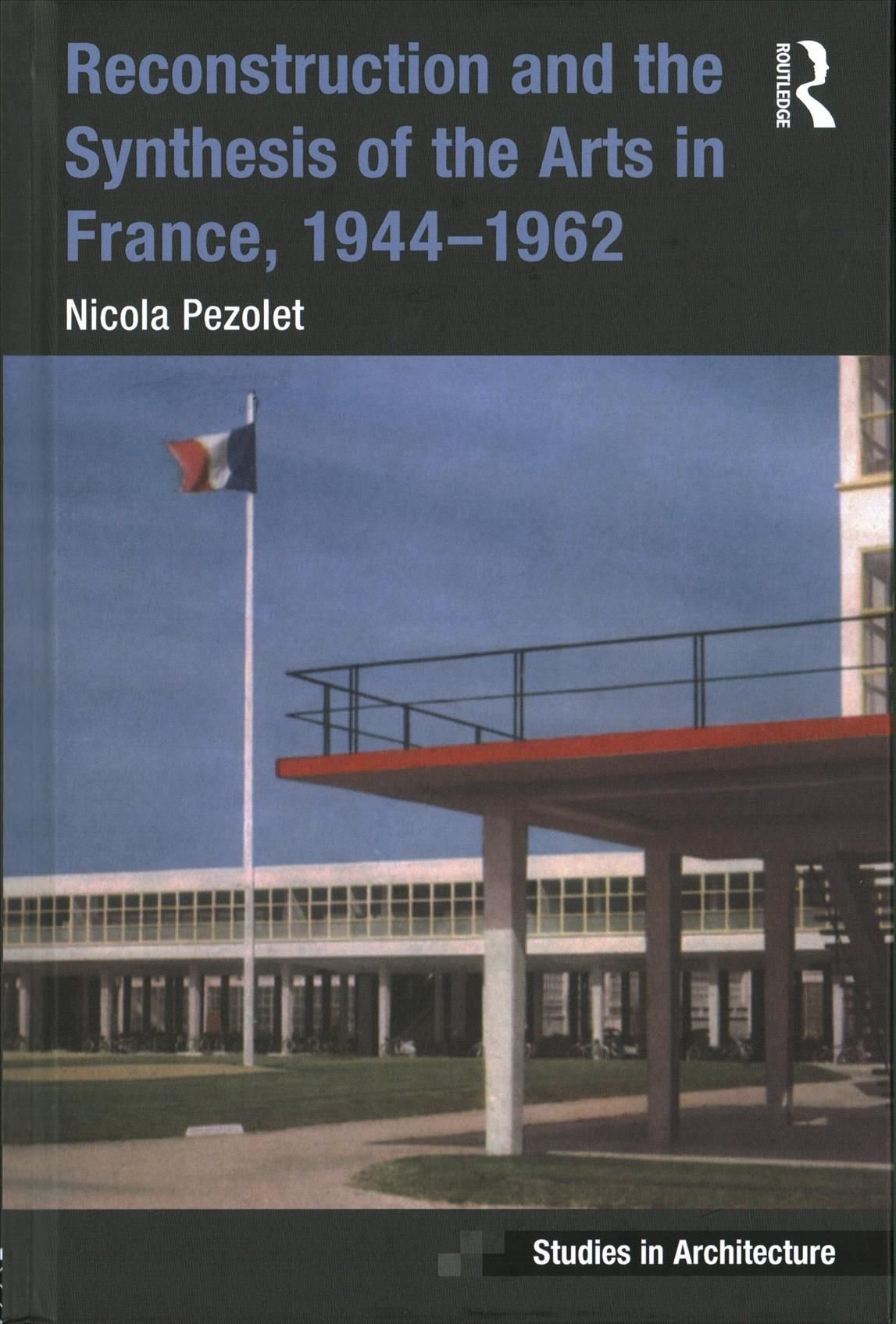Neo-Confucianism is the sophisticated revival of Confucian theorizing, responding to challenges from Buddhism and Daoism, which began around 1000 C.E. and came to dominate the Chinese intellectual scene for centuries thereafter. What would happen if we took Neo-Confucianism and its central ideal of sagehood seriously as contemporary philosophy? Sagehood represents supreme human virtue: a flawless, empathetic responsiveness to every situation in which one finds oneself. How could this be possible? How might one work toward such a state? According to Neo-Confucians, we should all strive to become sages, whether or not we ultimately achieve it. Taking neo-Confucianism seriously means to explore the ways that its theories of psychology, ethics, education, and politics engage with the views of contemporary philosophers. Angle’s book is therefore both an exposition of Neo-Confucian philosophy and a sustained dialogue with many leading Western thinkers–and especially with those philosophers leading the current renewal of interest in virtue ethics. The book’s significance is two-fold: it argues for a new stage in the development of contemporary Confucian philosophy, and it demonstrates the value to Western philosophers of engaging with the Neo-Confucian tradition. “Rarely is a work in comparative philosophy itself an original philosophical contribution. But that is the case in this instance in which Angle brings Neo-Confucian philosophy into fruitful conversation with contemporary Western, virtue-ethics based analytic philosophers.The result is a presentation of Neo-Confucianism that advances it beyond any previous Neo-Confucian: Angle is the best in the line so far, at least among those writing or written about in English.” - Robert Cummings Neville, The Review of Metaphysics “This book does an outstanding job of engaging a wide range of sources not only from different areas of philosophy (such as virtue ethics and Chinese philosophy) but also from the disciplines …
